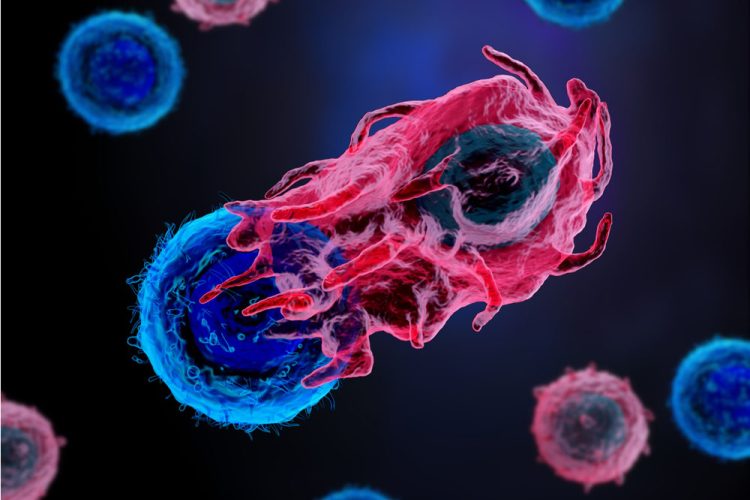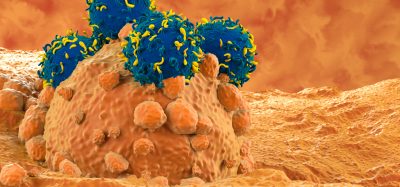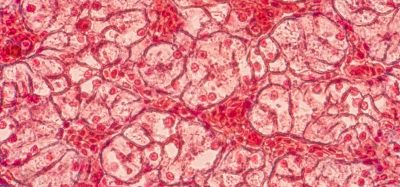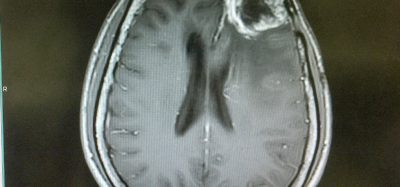Proteolysis: new method developed to target cancer cells
Posted: 4 October 2023 | Drug Target Review | No comments yet
Researchers have found that targeting chimeras with click-release proteolysis activates specific molecules that target cancer cells without harming health cells.


A new method of activating specific molecules to target cancer cells while leaving healthy cells unharmed has been discovered by researchers at the University of Arizona Cancer Center. Published in the Journal of the American Chemical Society, Wei Wang, PhD, and his team developed click-release proteolysis, a new strategy to target chimeras, known as crPROTACs, which allows for the activation and release of PROTACs only in cancer cells.
“The studies open a new way to deliver anti-cancer drugs to cancer cells,” Wang said.
“We are exploring the technology for the treatment of more challenging senescent cancer cells and other diseases.”
PROTACs are molecules that are designed by scientists to break down specific proteins in the body and are currently being explored as a potential treatment for cancer.. However, they can pose harm to healthy cells because of uncontrolled protein breakdown.
Biomarkers aren’t just supporting drug discovery – they’re driving it
FREE market report
From smarter trials to faster insights, this report unpacks the science, strategy and real-world impact behind the next generation of precision therapies.
What you’ll unlock:
- How biomarkers are guiding dose selection and early efficacy decisions in complex trials
- Why multi-omics, liquid biopsy and digital tools are redefining the discovery process
- What makes lab data regulatory-ready and why alignment matters from day one
Explore how biomarkers are shaping early drug development
Access the full report – it’s free!
Wang’s research concentrates on the ubiquitin-proteasome pathway, an existing metabolic pathway in the human system that usually targets proteins for degradation and recycling. Premature drug activation and undesired side effects have been minimised by Wang utilising this pathway to specifically target cells at tumour sites. The researchers found that the crPROTAC strategy successfully degraded proteins of interest in cancer cells. Wang’s approach derives from biorthogonal and click chemistry which was first developed by Carolyn Bertozzi, MS, PhD. She won the Nobel Prize in chemistry 2022 for this.
“Unlike many other drug delivery strategies, this approach will be very precise in targeting just the tumour,” Wang said. For this research and publication, he recently received the inaugural UArizona Cancer Center Research Award for Basic Science.
Related topics
Gene Therapy, Genome Editing, Immunology, Targets
Related conditions
Cancer
Related organisations
University of Arizona Cancer Center








